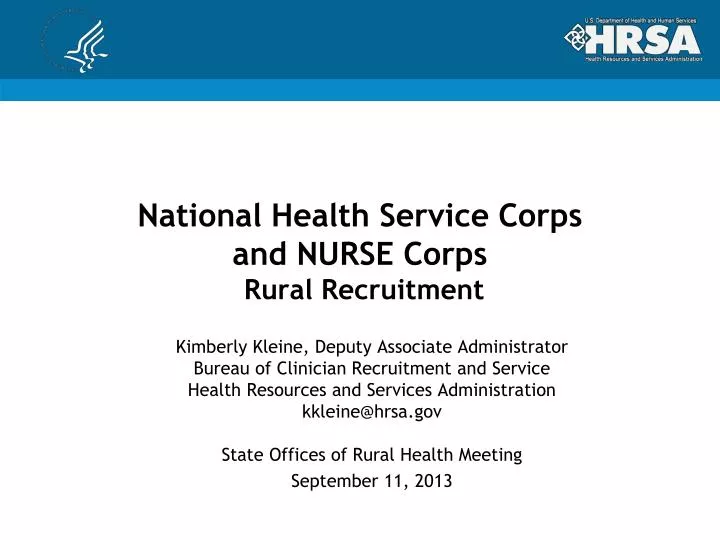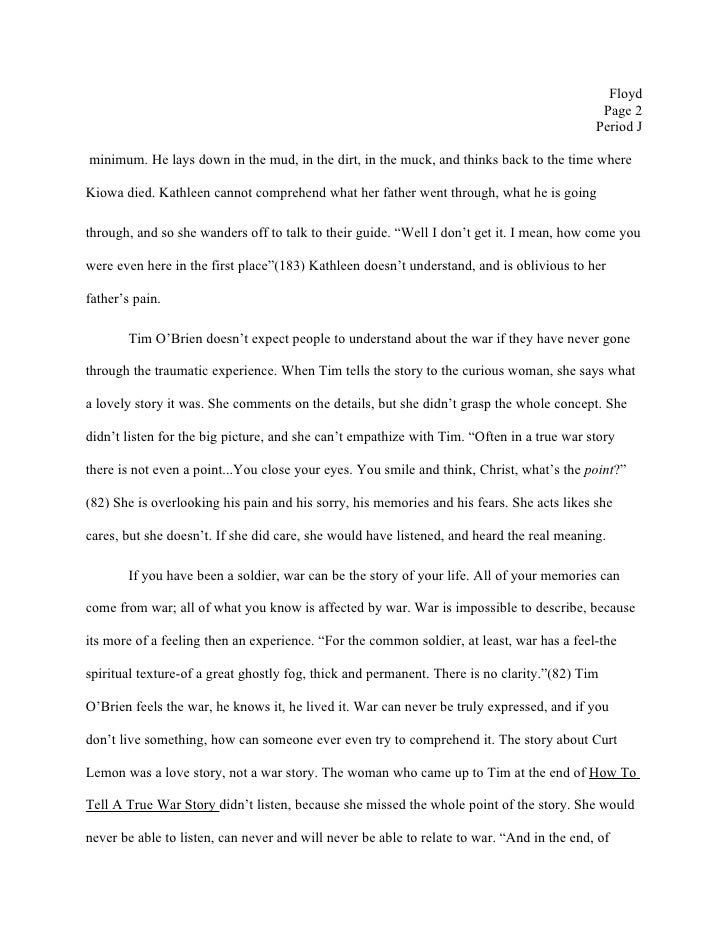What is a Clause? Definition, Examples of Clauses in.
How to write a complex sentence There are three types of sentence - simple, compound and complex. Using complex sentences can make it easier to add layers of information and detail when writing.In its simplest form, a clause in grammar is a subject plus a verb. The subject is the entity “doing” the action of the sentence and the verb is the action that subject completes. A clause creates a complete thought (an idea or a statement that can stand alone). A complete thought is also called a main clause or independent clause (IC).Good Faith. The parties agree to act in good faith with respect to each provision of this Agreement and any dispute that may arise related hereto.
A clause is a group of words that contains both a subject and a predicate (or a verb). There are two types of clauses. Independent Clauses are complete sentences. They can stand alone and express a complete thought. Examples: I want some cereal. Joseph is a good soccer player. Dependent Clauses contain a subject and a predicate, but they do not.Writing consisting of solely main clauses is probably good for technical pieces, instructions (e.g. how to put something together), or explaining very complicated things, as it helps a reader stay on track, follow along step by step or idea by idea. But for normal reading, yes, the mind needs more of a relaxing flow, not a choppy, regimented style.

In this lesson, you'll learn what a clause is and how to use different types of clauses to make your writing more interesting. Take a look at some examples to help understand the types.












